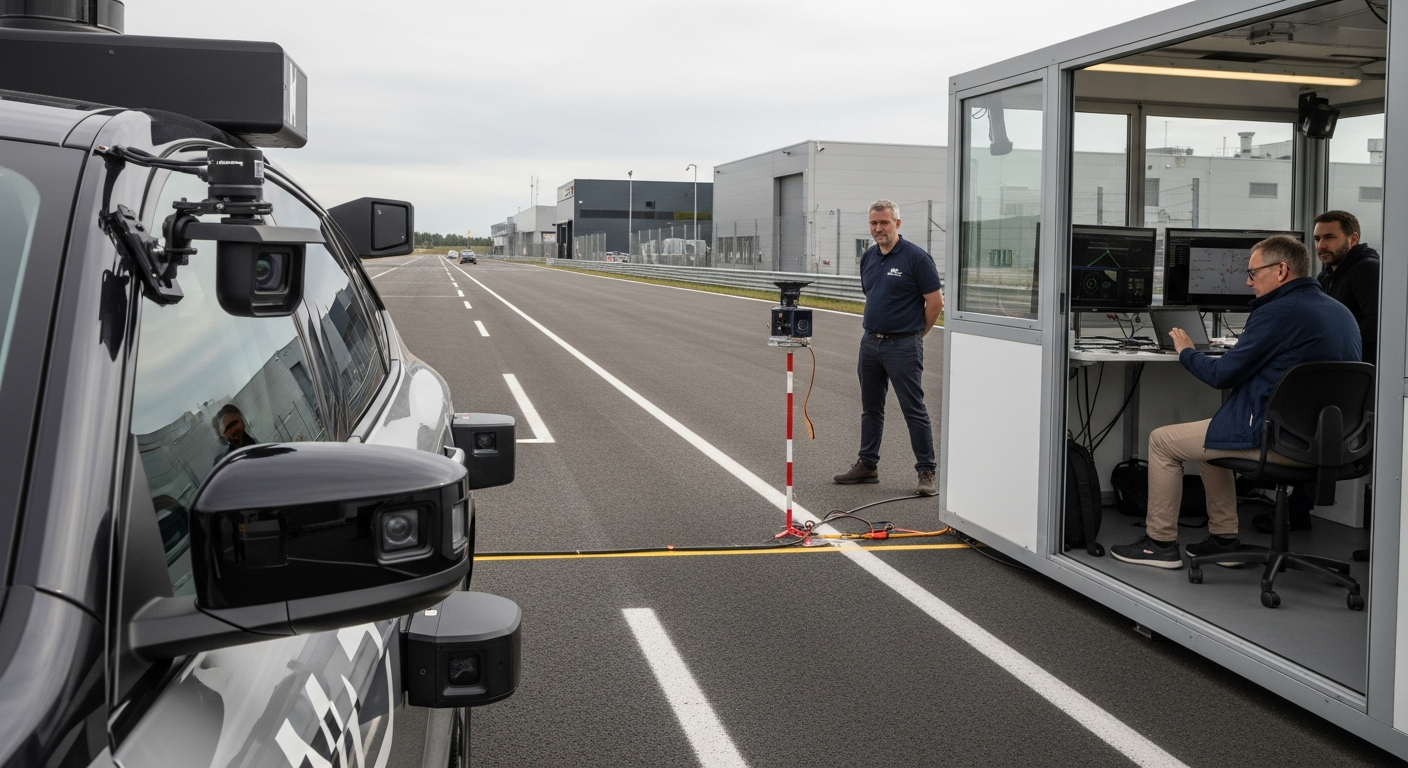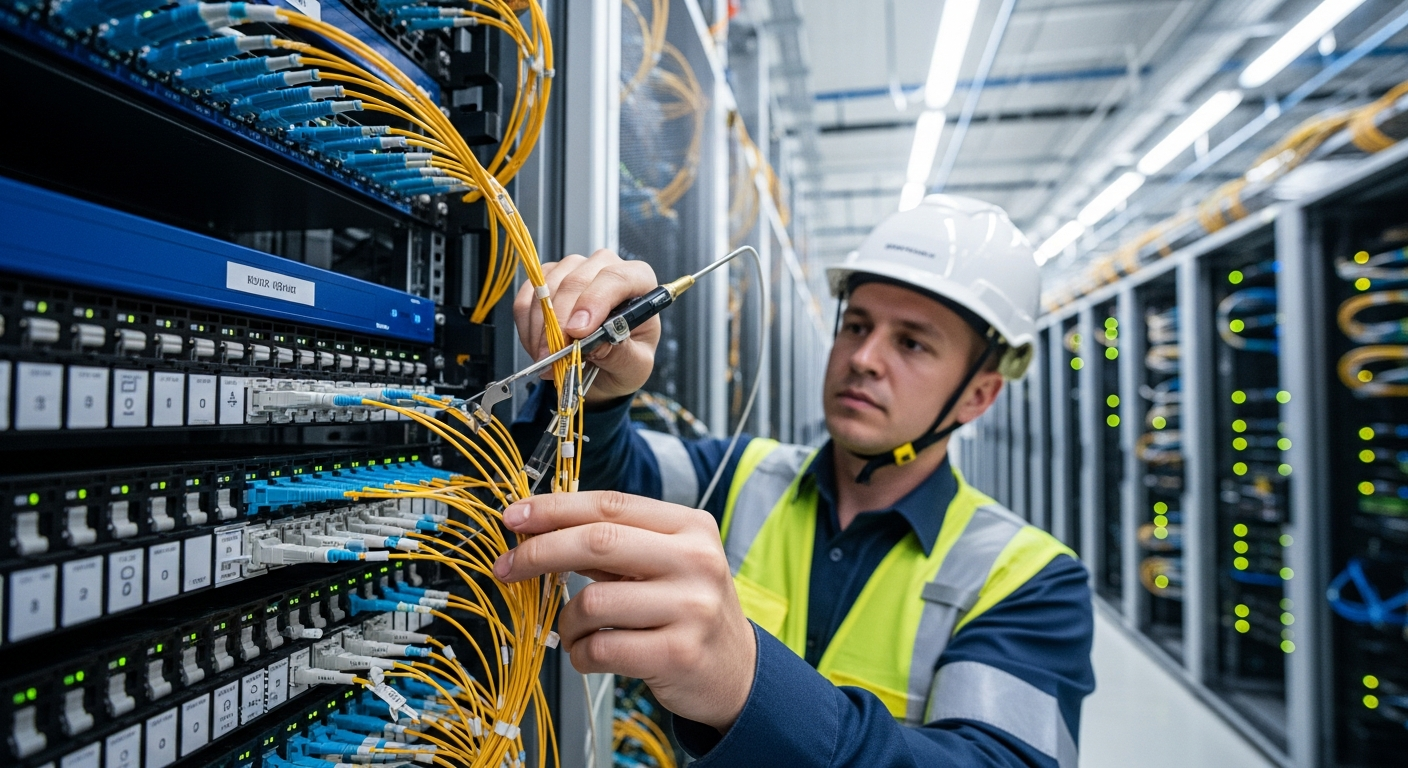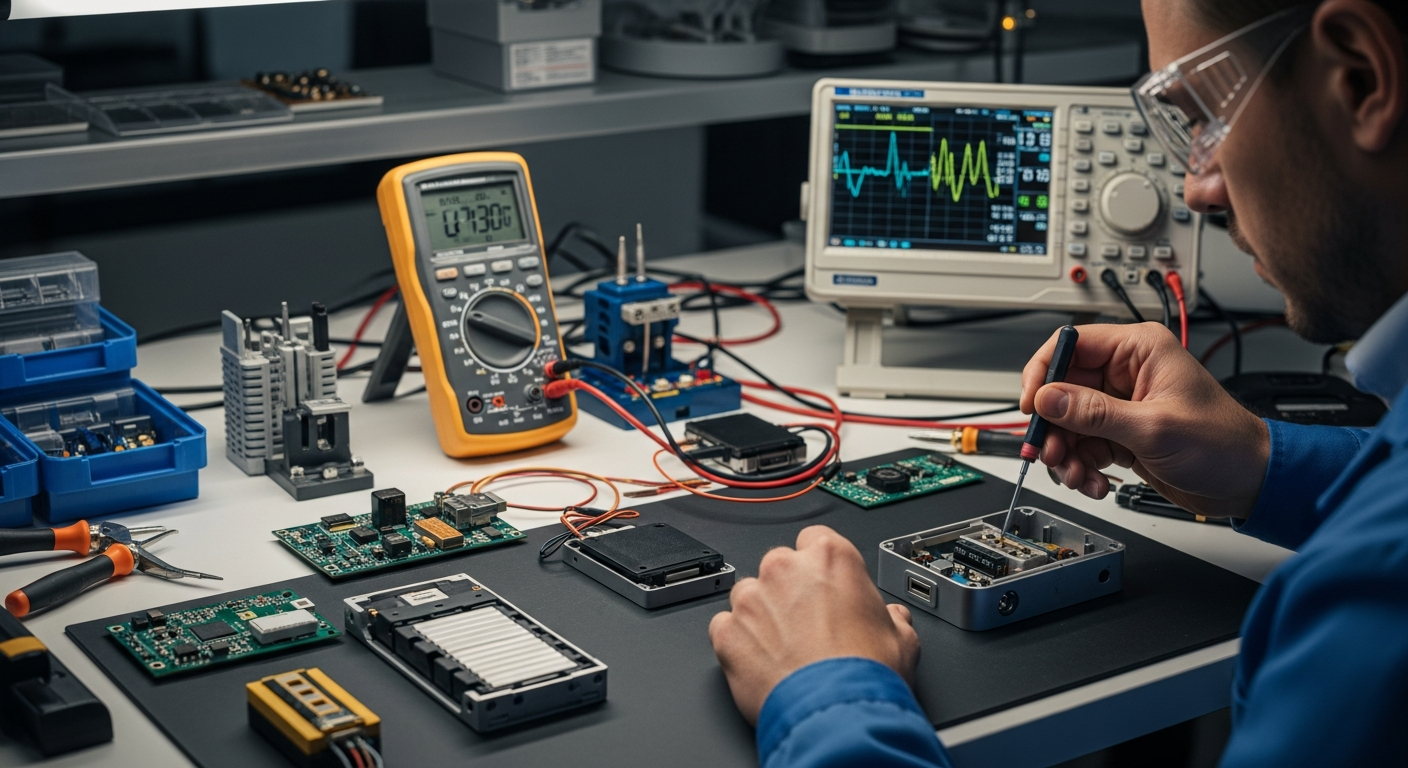Shaping the Future: The Role of Smart Factories in Modern Industrial Operations
In an era of rapid technological change, smart factories are transforming the industrial landscape. This article examines the emergence, impact, and future of this revolutionary concept. Smart factories represent a leap forward in manufacturing, combining advanced technology and innovative operational approaches to redefine efficiency and productivity. Born from the fourth industrial revolution, or Industry 4.0, these modern manufacturing environments leverage the power of automation, data analytics, and interconnectivity to optimize processes and outcomes.

Unpacking the Smart Factory Concept
At their core, smart factories are built around the idea of cyber-physical systems. These systems integrate computing, networking, and physical processes - managed by intelligent, autonomous machines that communicate with each other and with humans. This level of integration and automation allows smart factories to operate more efficiently, flexibly, and safely than traditional industrial settings, leading to increased productivity, higher quality products, and improved worker conditions.
The Impact of Smart Factories on Business and Industry
The transition to smart factories represents a significant shift for businesses and industries. It offers tremendous benefits, including improved efficiency, reduced costs, enhanced quality, and the ability to respond quickly to changes in demand. However, it also brings challenges. These include the need for significant investment in new technologies and systems, the requirement for new skills and knowledge, and the risk of job displacement due to automation.
The Future of Smart Factories
As technology continues to advance, the potential of smart factories will only grow. We are likely to see further integration of technologies such as machine learning and artificial intelligence, which will allow factories to become even more autonomous and efficient. There will also be a growing focus on sustainability, with smart factories playing a key role in reducing waste and minimizing environmental impact.
Practical Insights for Embracing Smart Factories
-
Start with a clear vision: Understand what you want to achieve with a smart factory and develop a strategic plan to get there.
-
Invest in the right technology: Research the different technologies available and choose those that best suit your needs and goals.
-
Develop your workforce: Ensure your employees have the skills and knowledge they need to work effectively in a smart factory environment.
-
Embrace change: A successful transition to a smart factory requires a willingness to change and adapt.
As we move deeper into the 21st century, smart factories will become increasingly central to our industrial and economic landscape. They offer the potential not just to improve efficiency and productivity, but to transform the way we think about and approach manufacturing. The challenge for businesses and industries will be to navigate this transition effectively, leveraging the benefits of smart factories while managing the associated risks and challenges.






